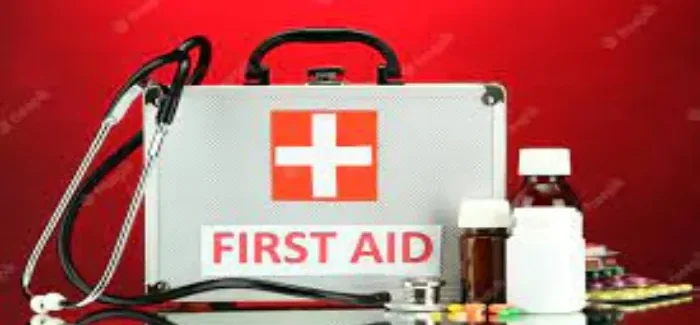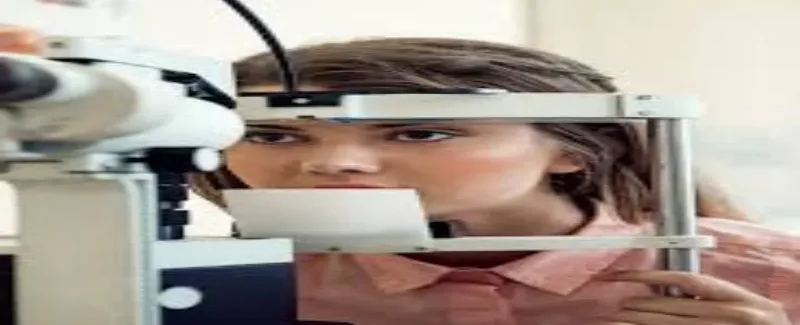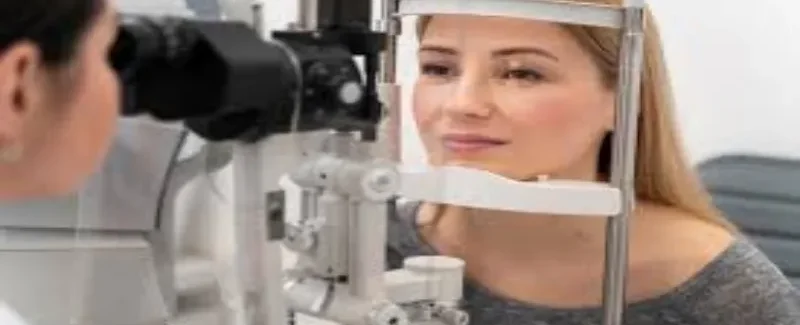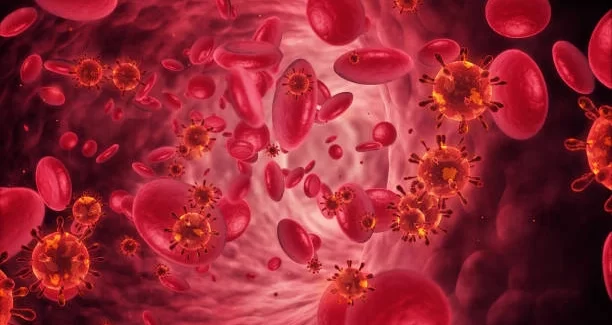Signs You’re Dehydrated And How To Stay Hydrated Today
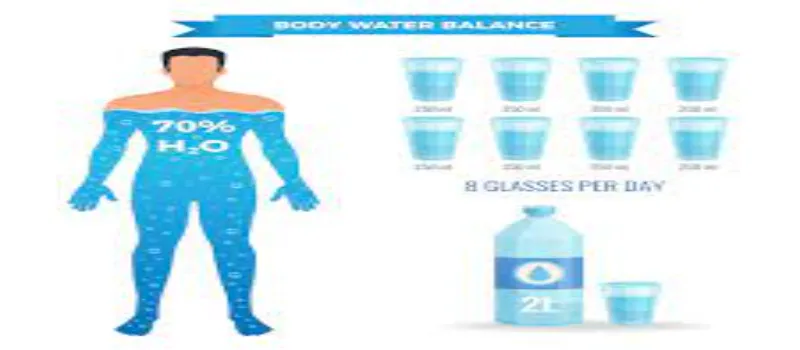
Posted Date: July 21st, 2023
Staying adequately hydrated is vital to maintain a healthy functioning body. Yet, many people fail to consume enough fluids daily, leading to a state of dehydration. Understanding the signs of dehydration can help you to identify it early and take remedial actions. Let’s delve into some of the primary signs of dehydration and the science behind them.
1. Thirst: This is your body’s primary and most immediate way of signalling a lack of hydration. Thirst triggers are regulated by the hypothalamus in response to changes in the body’s fluid balance. When there’s a shortage of water, the brain sends out signals making you feel thirsty.
2. Fatigue and Lethargy: Dehydration can cause feelings of tiredness and reduced motivation. When the body is not sufficiently hydrated, there’s a decrease in blood volume, forcing the heart to work harder to push oxygen and nutrients through the bloodstream to the brain, muscles and other vital organs, which can leave you feeling exhausted.
3. Urine Color: One of the most reliable indicators of hydration status is the color of your urine. Properly hydrated urine should be a pale straw or transparent yellow color. Darker shades of yellow or amber may indicate that your body is not getting enough water.
4. Headaches and Dizziness: Dehydration can trigger headaches and dizziness due to the reduced blood volume. This results in less oxygen and blood flow to the brain. Furthermore, the brain itself is around 80% water, so insufficient hydration can affect its overall function and structure.
5. Dry Mouth and Bad Breath: Dehydration can decrease saliva production. Saliva has antibacterial properties and without enough of it, bacteria can thrive in the mouth, leading to bad breath. Dry mouth can also result in a sticky or uncomfortable feeling and may lead to swollen tongue, cracked lips, or trouble swallowing.
6. Decreased Sweat and Tear Production: Water plays a significant role in the production of sweat and tears. Dehydration can hinder these processes and if severe enough, can lead to an absence of sweat and inability to produce tears.
7. Muscle Cramps: Although the exact reason is not fully understood, it is thought that muscle cramps can be a sign of dehydration, particularly when exercising. The theory is that the balance of fluids and electrolytes required for muscle contraction gets disturbed, leading to involuntary muscle spasms.
8. Decreased Urine Output: When the body is dehydrated, the kidneys, responsible for filtering waste and excess water from the blood, try to retain as much water as possible. This results in decreased urine output.
9. Feeling Overheated: When you’re dehydrated, your body’s ability to regulate temperature may become impaired. Water in the form of sweat evaporates off the skin to cool the body and when there isn’t enough water to produce sweat, body temperature can rise.
10. Hunger Pangs: Surprisingly, feeling hungry can sometimes indicate dehydration. The brain can confuse thirst for hunger because eating can provide temporary relief for thirst. This is why you may feel an urge to eat when you are actually just thirsty.
In extreme cases, dehydration can lead to more serious symptoms like rapid heart rate or breathing, fever, sunken eyes, shriveled skin, confusion, irritability and in the most serious cases, unconsciousness.
Prevention is the best cure for dehydration. Consume enough fluids throughout the day, especially when it’s hot or when you’re physically active. Remember that everyone’s fluid needs are different and depend on various factors, including age, gender, weight and overall health.
If you’re experiencing any of the above signs, especially the more severe ones, it’s crucial to rehydrate and seek medical.
How To Stay Hydrated Today?
Staying hydrated is critical to your overall health and wellbeing. Here are some strategies you can apply today to ensure you’re meeting your hydration needs:
1. Drink Regularly: Make it a habit to drink water regularly throughout the day, not just when you’re thirsty. Keep a water bottle on hand at all times as a visual reminder.
2. Start Your Day with Water: Drinking a glass of water first thing in the morning is a good way to kickstart your hydration for the day.
3. Eat Hydrating Foods: Many fruits and vegetables have high water content. Foods like cucumbers, watermelon, strawberries, tomatoes and lettuce can significantly contribute to your daily hydration.
4. Hydrate During Exercise: Make sure to drink before, during and after your workout to replace the fluids lost through sweat.
5. Drink Herbal Teas: Herbal teas are a great way to increase your water intake. They are caffeine free and come in a variety of flavors.
6. Use a Hydration App: There are many apps available that remind you to drink water and allow you to track your daily intake.
7. Flavor Your Water: If you find plain water boring, try adding a splash of lemon, a handful of frozen berries, or a slice of cucumber to make it more appealing.
8. Limit Dehydrating Beverages: Alcohol and caffeinated drinks like coffee and some types of tea can have a diuretic effect, causing you to lose more water. Try to limit these or balance their intake with plenty of water.
9. Understand Your Body’s Needs: If you’re pregnant, breastfeeding, ill, or spending a lot of time in the heat or exercising, you’ll likely need more water. Adjust your intake accordingly.
Remember individual hydration needs can vary significantly based on factors like age, gender, weight, activity level and overall health. What’s most important is to listen to your body and drink when you’re thirsty. If you’re doing intense exercise or spending time in extreme heat, you may also need to replace electrolytes, which can be done through sports drinks or by eating a balanced diet.
Staying properly hydrated helps to ensure that your body functions correctly. It can boost your mood, improve your cognitive and physical performance and aid in digestion and other critical bodily functions. So, start taking steps today to ensure you’re staying well-hydrated.
